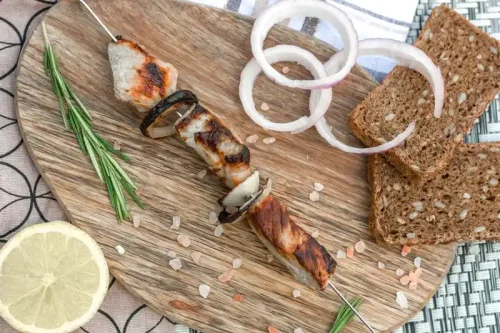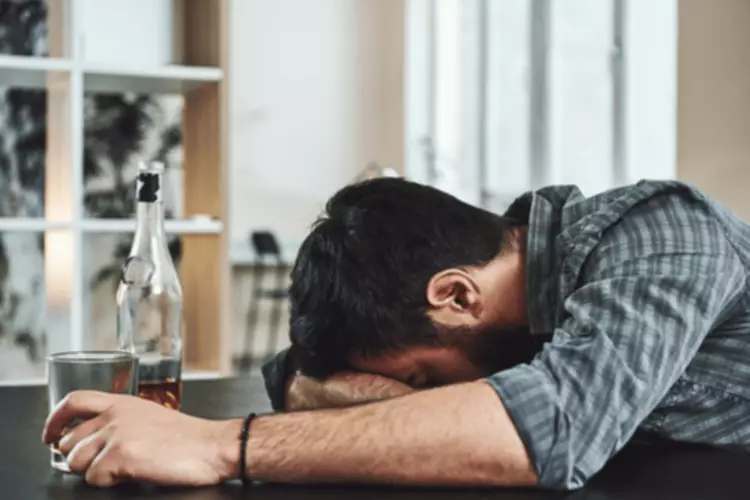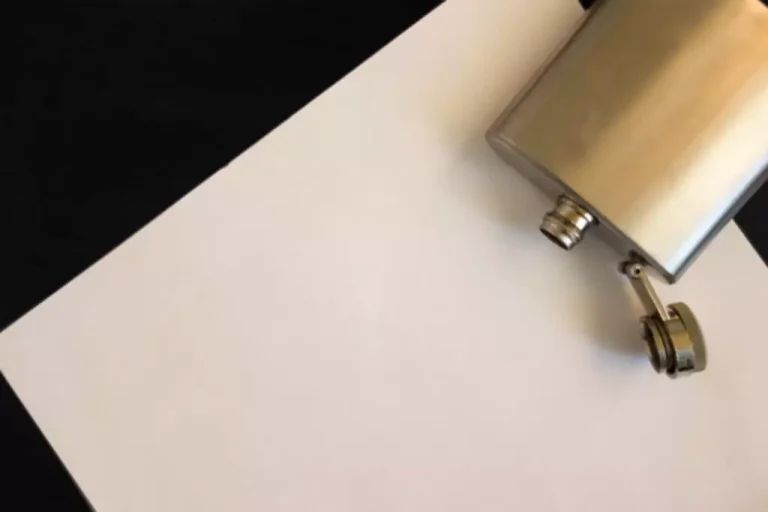
Alcoholics may experience changes in their taste receptors due to chronic alcohol consumption, making them more sensitive to sweet tastes. This heightened sensitivity can stimulate sugar cravings, contributing to a cycle of excessive sugar consumption. This biological alteration in taste perception can lead to increased consumption of sugary foods and drinks in alcoholics [1]. Alcohol craving is a key experience leading to alcohol use [2, 3], and interventionists have largely targeted alcohol cravings to decrease alcohol use [4, 5]. A popular belief backed by Alcoholics Anonymous is that individuals can allay alcohol cravings by eating sweets [6]. However, empirical support for this strategy is limited to a few preclinical studies in rats.
- Explore the prevalence, consequences, and interventions surrounding this connection.
- This involves understanding the roles of certain brain chemicals, specifically dopamine and serotonin, as well as the impact of alcohol on blood sugar levels.
- Professional help goes beyond prescribing a diet plan—it also equips you with coping mechanisms and invaluable support during this transitional stage.
- While sugar affects your brain’s reward system slightly differently, the effect is similar overall, and both can be very habit forming.
An Inpatient Drug Rehabilitation Center Isn’t Always the Answer

When she quit drinking in 2019, she dedicated herself to learning about alcohol’s influence on the brain and how it can cause addiction. Today, she educates and empowers others to assess their relationship with alcohol. Gill is the owner of the Sober Powered Media Podcast Network, which is the first network of top sober podcasts. The duration of these cravings can differ from person to person, largely relying on factors like the severity of your addiction to alcohol, personal body chemistry, and diet. However, generally, these intense cravings tend to lessen over a few weeks or months as your body normalizes and the remnants of alcohol leave your system.
People will notice
So, before we talk about how to manage your sugar cravings, Taylor explains what may cause them. Sooner or later the lies on top of lies are going to collapse like a house of cards. Why are you slurring after one why do alcoholics crave sugar beer and ‘popping outside for a cigarette’? How come you stink of liquor when no one saw you drink anything and you claim to have been sober all day? Why are you behaving in such a strange manner all of a sudden?

How to Identify a Marijuana Addiction?
- This phenomenon can be attributed to various factors, including both biological and psychological elements.
- Thus, alcoholics may crave sugar due to low levels of dopamine and serotonin in the brain, contributing to sugar cravings in individuals recovering from alcohol addiction [1].
- Recovering alcoholics may turn to sugar as a coping mechanism to manage stress and fill the void left by alcohol.
- Discover what are psychotic breaks, their impact, causes, and treatment options for recovery.
- Alcoholism, on the other hand, refers to alcohol use disorder.
- This is likely because sugar slows the body’s rate of gastric emptying.5 Because of this, less alcohol enters the bloodstream.
- As the effects of alcohol wear off, you may have trouble sleeping, shakiness, irritability, anxiety, depression, restlessness, nausea, or sweating.
An alcoholic is someone who is physically and mentally dependent on alcohol. A person who misuses alcohol often experiences problems at home, in school, or at work because their drinking problem has caused them to neglect their responsibilities and obligations. Do you continue to drink even though you know it’s causing health problems, or making those problems worse? Alcohol can damage your liver, heart, brain, pancreas, and immune system.

A study utilizing ecological momentary assessment (EMA) data found a contemporaneous association between alcohol cravings and sweet cravings during this period. Having a structured routine, (i.e. getting enough sleep, which is ideally, 7 or more hours) and eating three balanced meals a day, can also help combat cravings, says Dr. Weiss. Recognizing the potential influence of sugar cravings on your recovery journey anchors your commitment to overall healthier habits and favorable recovery outcomes. In pairing awareness with professional assistance, you equip yourself with the necessary support to tackle any sugar cravings head-on and stay steadfast on your road to sobriety. An uncontrolled sugar habit not only potentially derails your sobriety efforts but can also lead to health issues like weight gain, diabetes, and heart disease.
Health Categories to Explore
- We’re not talking about just the time with a glass (or can, or bottle) in your hand.
- It is essential to work with healthcare professionals, such as registered dietitians or nutritionists, to create a personalized nutrition plan that addresses individual needs and health conditions.
- One of the key factors in understanding the cravings for sugar in recovering alcoholics is the role of dopamine, a neurotransmitter that plays a pivotal role in the brain’s reward system.
- A person who misuses alcohol exhibits strained relationships with friends, significant others, and other members of their family.
Unveiling Lindsay Lohans Struggle: The Truth About Drug Addiction & Alcohol Abuse
- This fluctuation triggers a cascade of hormonal responses that can result in intense cravings for sugary foods and drinks.
- Having participants select alcohol cues and sweets that they personally considered rewarding enhanced ecological validity.
- The link between food, mood, and cravings is increasingly being recognized in addiction treatment, with a focus on a holistic approach that addresses both the mind and body.
- To begin filling this gap in the literature, the current study sought to experimentally test the acute effect of eating sweets on alcohol cravings in a human sample with at-risk drinking.
- Studies have shown that excessive sugar intake can lead to behaviors similar to drug addiction, suggesting a strong link between the two.
- This means that they have no memory of the things that happened while they were drunk.